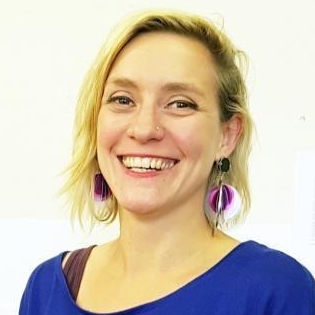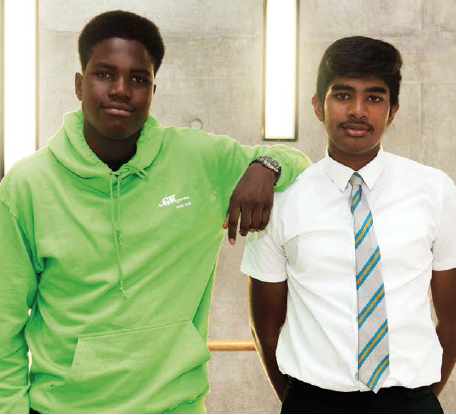Children living in poverty deserve so much better. We can create supportive spaces that help their journey to adulthood
3 March 2020
Whether working with the media, contributing to funding applications, attending events or designing services, young people have the right to participate and shape the narrative that surrounds them, says Ellie Hutchinson, CEO of Canongate Youth
Call 1: Change the language of poverty: Young people deserve dignity, not stigma and discrimination
At Canongate Youth, we’ve been working with children, young people and their families for more than 40 years in the centre of Edinburgh. Many of the children and young people coming to us are facing multiple challenges: poverty, poor mental health, disengagement from education, poor housing or trauma. These issues are of course, inextricably linked. If you’re choosing between heating or eating, it’s incredibly hard to learn and earn.
Whilst we welcome the language around trauma-informed approaches over the last wee while, I also wonder how we place bigger, structural issues within that analysis, and how much that’s understood across all services. The cynic in me then is, well, cynical about the drive to individualise resilience in the aftermath of austerity.
"Young people deserve to be heard as the whole people they are: resilient, complex, creative, playful, achieving and surviving."
Living in poverty is not an individual failing. And ending poverty is not about working harder (most people in poverty are in work), or saving more (Universal Credit has come with many, many problems), or developing personal resilience.
It’s about housing, secure employment, well resourced mental health services, and appropriate safety nets. These are not within the gift of young people, but within the gift of those making decisions about them.
As a service that provides both universal youth work and targeted wellbeing and employability support, we know just how resilient young people are. Reading the call from the young people supported by PEEK and the GK Experience, I was struck by how the young people felt about media reporting and the need for case studies in funding applications.
Those of us working in the sector know what a thin line we walk in terms of promoting our work, and the amazing children and young people we work with, without victimising those very same amazing young people by how we tell and share their story.
Young people deserve so much better from a system that has failed them. They deserve more than “sob stories” and poor reporting. They deserve to be heard as the whole people they are: resilient, complex, creative, playful, achieving and surviving.
Our role then, whether we’re service providers, policy officers or funders, is to create supportive spaces to help them navigate their journey to adulthood, to help them develop confidence, and yes, resilience.
We need to safeguard their stories and experiences in a way that fully speaks to their whole experience, and we need to work with them to make change. Part of this means supporting young people to make the links between their experience and the experience of so many others across the country.
With poverty, the personal is the political. Whether this is working with the media, helping to write funding applications, attending events or designing services, young people living in poverty have the right to participate in and shape the narrative that surrounds them. They deserve dignity, not stigma and discrimination.
Ellie Hutchinson is Chief Executive of Canongate Youth and is responding here to Call 1 of our 25 Calls campaign. Click here to read the call


Call 1
Change the language of poverty: Young people deserve dignity, not stigma and discrimination
Click to read the full call25 Calls campaign
Find out more about the 25 Calls campaign, view press coverage and read further responses
Click to find out more